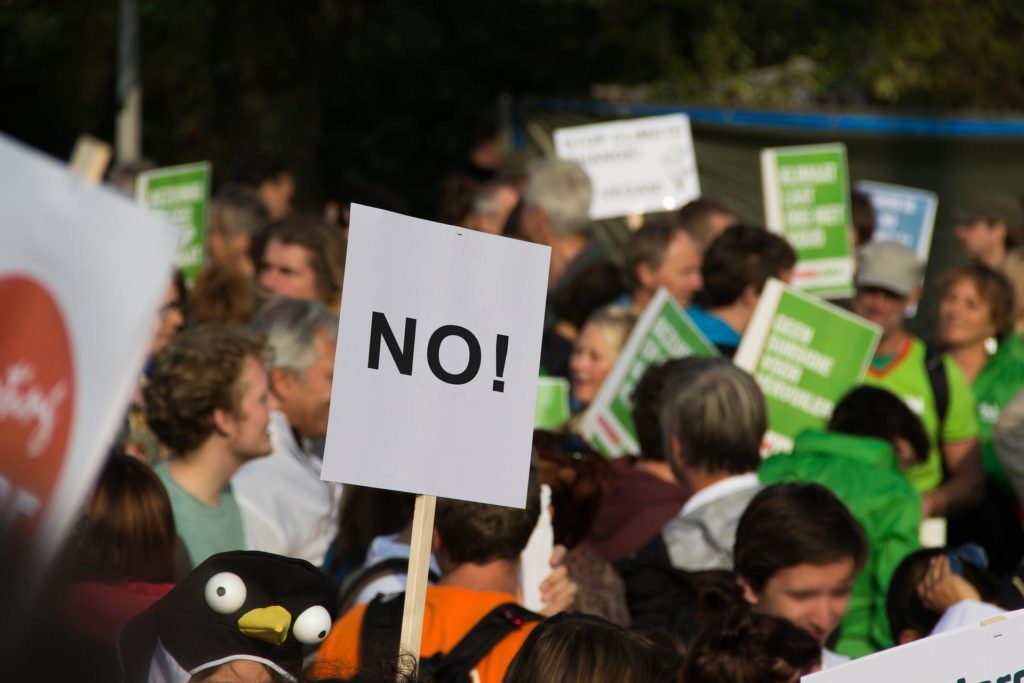According to French law, a strike is a collective and concerted cessation of work by the employees of one or more companies in order to make professional claims. When a strike falls under this definition, employees are, to some extent, protected against any sanction or dismissal action. If there is an abuse in the exercise of the right to strike, the strike is deemed unlawful, and this protection can be waived.
In the private sector (unlike in the public sector), there are no specific formalities to exercise the right to strike. Therefore, a strike can be called at any time and the employer cannot request a notice period or impose a conciliation attempt.
The main consequences are the following:
- Suspension of the employment contract
During a strike the employment contract is not breached. It remains that the employer does not have to pay the striker’s wages during the entire period the employee is on strike. Any higher restraint is prohibited.
- Prohibition of sanctions
An employer may not take sanctions against employees solely because they are on strike, in particular with regard to compensation and social benefits.
However, in case of willful misconduct (when the employee intended to cause harm to the company) an employer can dismiss a striker. This is the case when a striker had a personal and active participation in illegal acts such as violence or sequestration.
- Prohibition on replacing the strikers
The employer cannot hire employees through fixed-term employment agreements or temporary work contracts to replace strikers. If the employer does this, it will be subject to criminal sanction.

